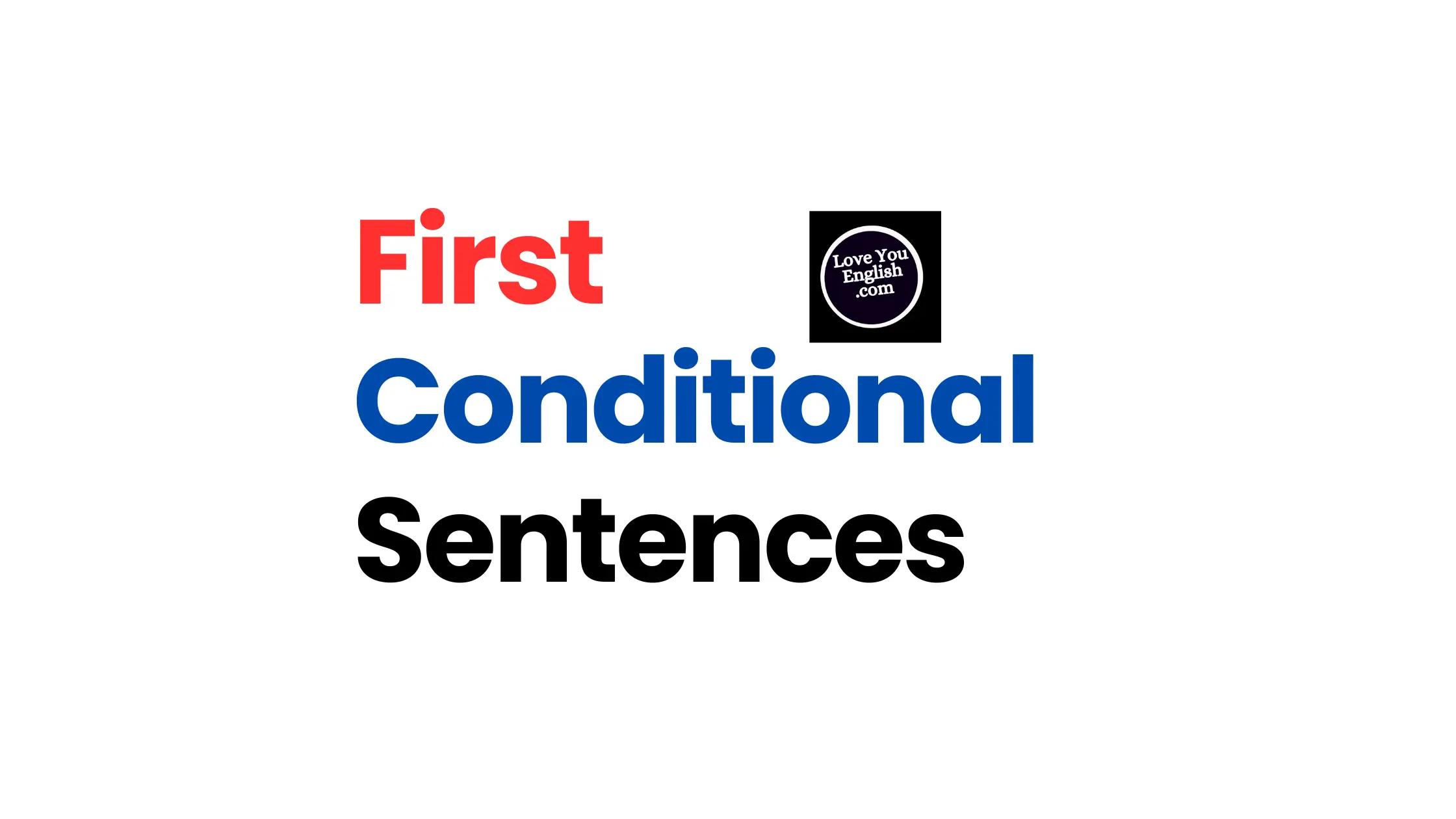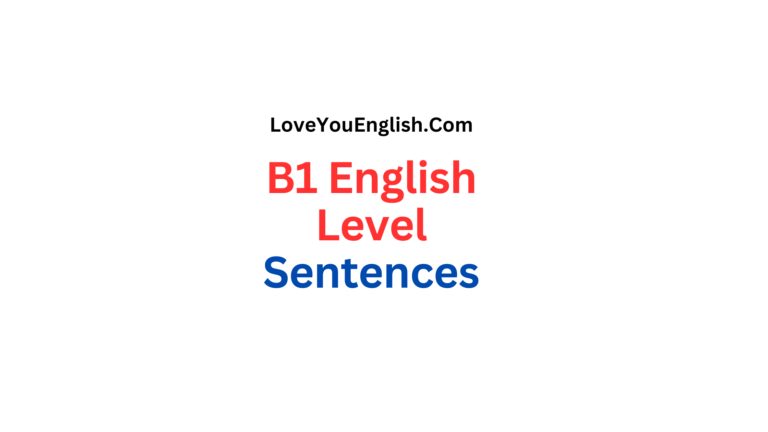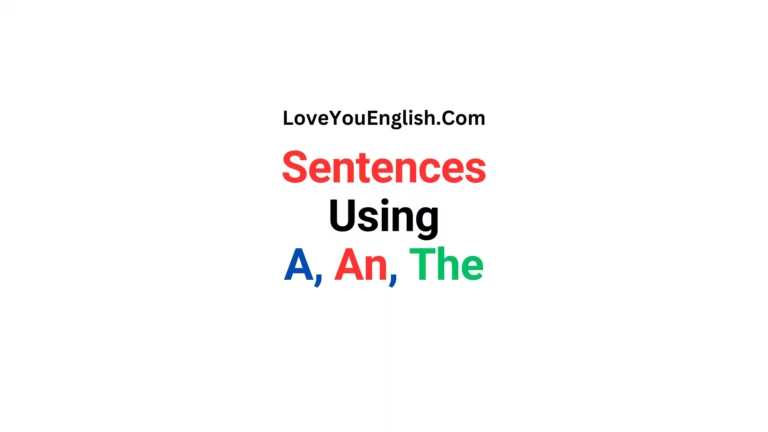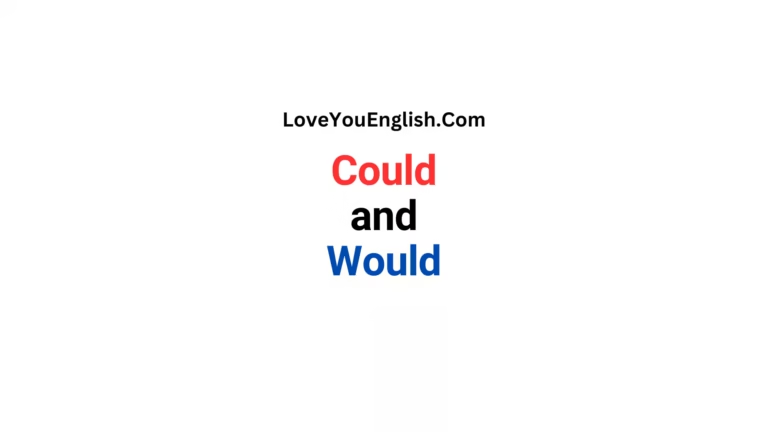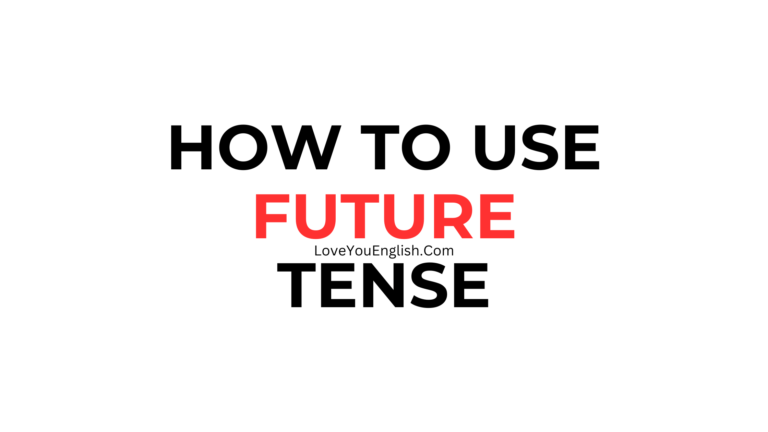Understanding First Conditional Sentences
Sharing is caring!
There are 200 first conditional sentences:
General Situations
-
If you study hard, you will pass the exam.
-
If you overeat, you will feel sick.
-
If she works late, she will be tired the next day.
-
If you don’t wear a jacket, you will feel cold.
-
If he doesn’t apologize, she will be upset.
Work and Career
-
If you work hard, you will get a promotion.
-
If you submit your report late, the boss will be angry.
-
If we finish the project today, we will get a bonus.
-
If they reduce prices, they will attract more customers.
-
If she learns coding, she will get a better salary.
Health and Fitness
-
If you exercise regularly, you will stay fit.
-
If you wake up early, you will feel fresh.
-
If you don’t sleep well, you will feel tired.
-
If we eat more vegetables, we will be healthier.
-
If she runs every day, she will lose weight.
-
If you take vitamins, you will boost your immunity.
Relationships and Social Life
-
If she calls me, I will answer.
-
If he forgets her birthday, she will be sad.
-
If you help others, they will respect you.
-
If he apologizes, she will forgive him.
-
If you smile, people will smile back.
-
If she doesn’t text him back, he will feel ignored.
-
If we don’t invite them, they will feel hurt.
Travel and Transportation
-
If we book the tickets early, we will get a discount.
-
If you don’t check the map, you will get lost.
-
If it snows, our flight will be delayed.
-
If you take the wrong bus, you will be late.
-
If we leave now, we will avoid traffic.
-
If you don’t fasten your seatbelt, you will get a fine.
-
If we take a taxi, we will reach faster.
-
If she misses the train, she will take the next one.
Technology and Gadgets
-
If you charge your phone, it will last longer.
-
If he forgets his laptop, he won’t finish his work.
-
If you don’t save your work, you will lose it.
-
If we use solar power, we will save energy.
-
If he buys a new laptop, he will work faster.
-
If she forgets the password, she won’t access her account.
-
If you don’t update the software, it won’t work properly.
Weather and Nature
-
If it storms, we will stay inside.
-
If the river overflows, the village will be flooded.
-
If it’s windy, the kite will fly high.
-
If it rains heavily, the roads will be blocked.
-
If we don’t water the plants, they will dry up.
-
If the snow melts, the roads will be slippery.
-
If the temperature rises, the ice will melt.
Money and Shopping
-
If you save money, you will buy a new car.
-
If we shop online, we will get discounts.
-
If he invests wisely, he will become rich.
-
If you don’t compare prices, you will waste money.
-
If she finds a sale, she will buy more clothes.
-
If we use coupons, we will save money.
-
If he wins the lottery, he will buy a mansion.
-
If they raise the prices, fewer people will buy.
Education and Learning
-
If students pay attention, they will learn more.
-
If we read daily, we will improve our vocabulary.
-
If she joins the class, she will become fluent.
-
If they don’t practice, they will forget the lessons.
-
If he studies, he will pass the test.
-
If we visit the library, we will find useful books.
-
If she memorizes the formulas, she will solve the problems easily.
-
If he listens carefully, he will understand better.
Miscellaneous
-
If you don’t knock, they won’t open the door.
-
If the baby cries, we will comfort him.
-
If he tells a joke, everyone will laugh.
-
If she cooks dinner, we will eat together.
-
If we clean the house, it will look beautiful.
-
If the alarm rings, I will wake up.
-
If you don’t return the book, you will pay a fine.
-
If they don’t turn off the lights, the bill will be high.
-
If she waters the flowers, they will bloom.
Daily Life Activities
-
If you wake up early, you will have more time for breakfast.
-
If she forgets her keys, she won’t enter the house.
-
If we don’t clean the dishes, the kitchen will be messy.
-
If he takes a shower, he will feel refreshed.
-
If you water the garden, the flowers will grow well.
-
If I forget my umbrella, I will get wet.
-
If she doesn’t iron her dress, it will look wrinkled.
-
If we don’t do the laundry, we won’t have clean clothes.
-
If the baby sleeps early, we will have some free time.
Food and Cooking
-
If we don’t add salt, the food will taste bland.
-
If she bakes a cake, we will have dessert.
-
If we eat fresh fruits, we will stay healthy.
-
If you don’t refrigerate the milk, it will spoil.
-
If we cook together, it will be fun.
-
If you don’t wash the fruits, they will be dirty.
Hobbies and Entertainment
-
If you practice the guitar, you will improve.
-
If she paints today, she will finish her artwork.
-
If they play video games all night, they will be tired tomorrow.
-
If we read a good book, we will learn something new.
-
If he doesn’t stretch before running, he will get injured.
-
If they go fishing, they will catch some fish.
-
If you take photos, you will have memories of the trip.
School and Exams
-
If you revise your notes, you will remember the answers.
-
If he doesn’t study, he won’t pass the test.
-
If the teacher explains well, students will understand.
-
If they don’t submit their assignment, they will lose marks.
-
If you prepare a speech, you will do well in the competition.
-
If we attend the seminar, we will learn new things.
-
If you practice spelling, you will improve.
-
If he finishes his homework early, he will watch TV.
-
If the students don’t behave well, the teacher will be angry.
Shopping and Money Management
-
If you save money, you will be financially secure.
-
If we use a discount code, we will save money.
-
If they don’t check the price tag, they might overspend.
-
If I get a raise, I will buy a new phone.
-
If she sells her old clothes, she will earn extra money.
-
If we invest in stocks, we might get profits.
Technology and Social Media
-
If she forgets her phone at home, she won’t be able to call.
-
If you download the file, you will access it later.
-
If we post regularly, we will get more followers.
-
If he shares his password, someone will hack his account.
-
If you block the spam calls, you won’t be disturbed.
-
If she uploads the video, people will watch it.
-
If we use a strong password, our account will be safe.
-
If he doesn’t check his emails, he will miss important messages.
Nature and Environment
-
If we don’t stop deforestation, wildlife will suffer.
-
If he wastes water, the bill will be high.
-
If you use a reusable bag, you will reduce plastic waste.
-
If we recycle, we will save natural resources.
-
If the factory doesn’t reduce emissions, the air will be polluted.
-
If we protect the forests, animals will have a home.
-
If we conserve energy, we will save the planet.
Family and Relationships
-
If you respect your elders, they will bless you.
-
If she forgets their anniversary, he will be upset.
-
If we spend time together, we will feel closer.
-
If he ignores her messages, she will feel hurt.
-
If you argue with your siblings, your parents will be sad.
-
If she helps her brother, he will be grateful.
-
If we visit our grandparents, they will be delighted.
-
If he apologizes sincerely, she will forgive him.
-
If you spend quality time with family, you will feel loved.
Future Plans and Goals
-
If you work hard, you will achieve your dreams.
-
If she studies abroad, she will have more opportunities.
-
If he learns a new skill, he will get a better job.
-
If they start a business, they will earn money.
-
If she trains regularly, she will become a champion.
Miscellaneous
-
If you touch the fire, you will burn your hand.
-
If she forgets the address, she won’t reach the destination.
-
If we don’t lock the door, someone might enter.
-
If you don’t charge your laptop, it will shut down.
-
If he leaves now, he will catch the last train.
-
If you don’t wear sunglasses, your eyes will hurt.
-
If the dog sees a stranger, it will bark.
-
If we take a break, we will feel refreshed.
More topics:
Sharing is caring!

